An introvert's dream? Flu camps that offer £4,400 to spend two weeks alone
A fortnight in isolation may not be as blissful as it sounds
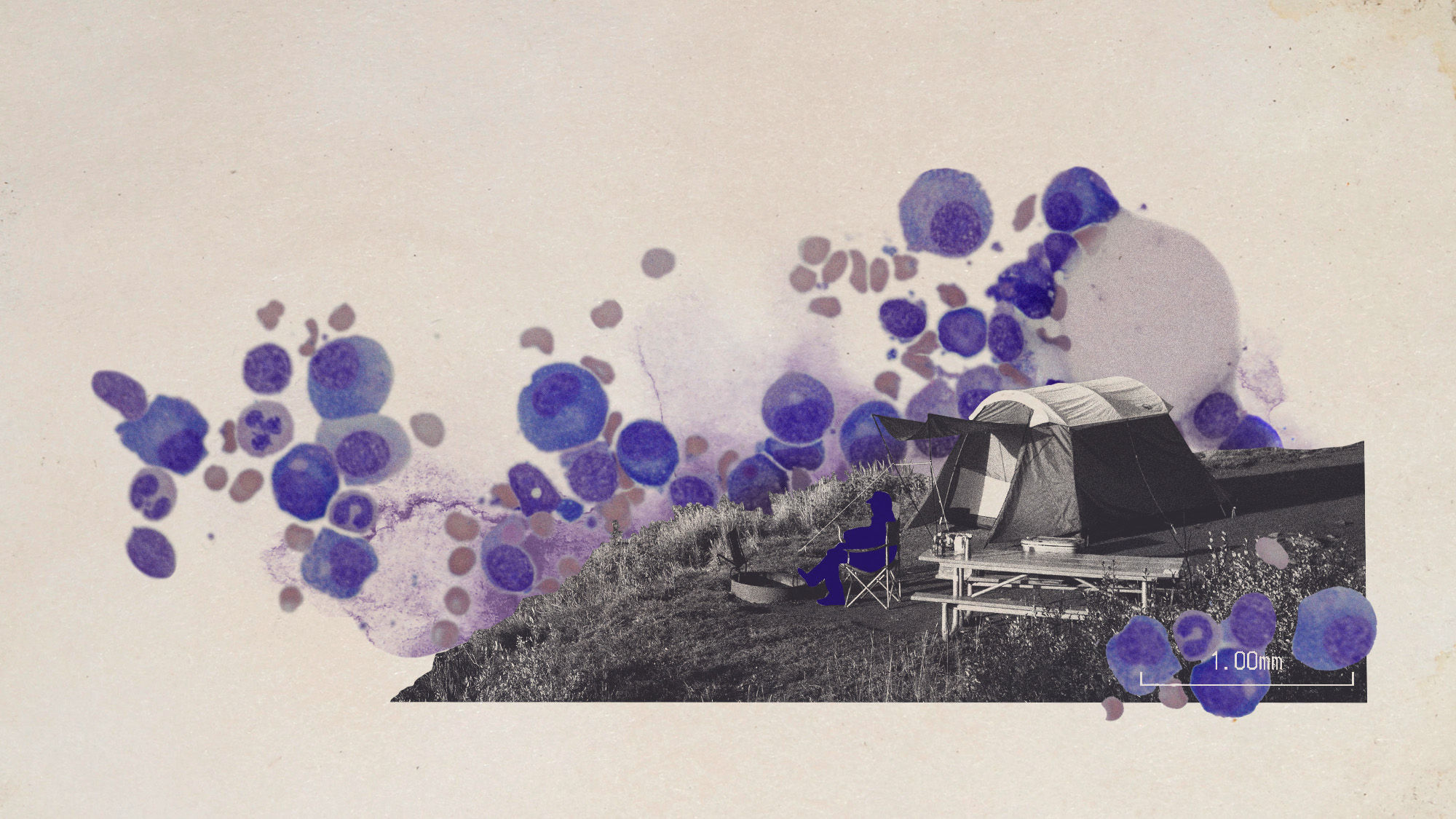
A free daily email with the biggest news stories of the day – and the best features from TheWeek.com
You are now subscribed
Your newsletter sign-up was successful
You can earn £4,400 for lying in bed for two weeks in a swanky room, with access to free WiFi and food delivered to your door. So say enthusiastic "flu camp" volunteers, who've been recommending the experience on social media.
Obviously, you have to get the flu, too. Volunteers at these clinical trial camps are infected with the virus and then given the trial treatment or a placebo, and monitored over a fortnight to see how their body responds. But is being a human lab rat and spending all that time alone in a room as easy as it sounds?
A lot of introspection and a lack of fresh air
"Being deliberately infected with a virus may sound scary", said Vice, but firms like hVIVO, which runs FluCamp, say they only recruit people whose health records show that getting the illness is unlikely to have a serious effect. They also screen applicants to make sure their mental health can withstand a two-week period of isolation.
The Week
Escape your echo chamber. Get the facts behind the news, plus analysis from multiple perspectives.

Sign up for The Week's Free Newsletters
From our morning news briefing to a weekly Good News Newsletter, get the best of The Week delivered directly to your inbox.
From our morning news briefing to a weekly Good News Newsletter, get the best of The Week delivered directly to your inbox.
Once isolated in their room, participants fill in a checklist every morning about their symptoms. "Doctors would come in about four times a day to test your vitals," student volunteer Faith Larkam told Business Insider. "Other than that, you're just left to your own devices."
During her stay, she "binge-watched movies", read a book "in like three hours", did "a lot of introspection" and "banged" out three or four essays for university. She found "the lack of fresh air" and not being able to socialise or exercise increasingly challenging and, "towards the end", she was "desperate to get out".
But she said she has already signed up for a second stay and it's easy to see why. FluCamp's facility in Canary Wharf has "floor-to-ceiling windows" offering views of the Thames, and "ensuite rooms" come with a TV, a PlayStation and "a bell to summon staff" to bring food and drink, said The Telegraph. Other volunteers posting on TikTok have boasted of "feta salad lunches" and "10/10 views".
According to FluCamp, only 50% to 70% of participants develop any symptoms of illness and, for those that do, they are usually mild.
A free daily email with the biggest news stories of the day – and the best features from TheWeek.com
Fast and cost-efficient
Exposing volunteers to a controlled dose of a virus in a quarantined setting, rather than running clinical-field trials over many years, means firms can quickly get a "clear picture" of treatment's efficacy before they move to larger, later-stage studies, said This Is Money.
And it's certainly proving successful for hVIVO. The firm finished 2024 in "rude financial health, with revenue up almost 12% at £62.7 million" and a "rock solid" balance sheet, "with £44.2 million in cash".
Chas Newkey-Burden has been part of The Week Digital team for more than a decade and a journalist for 25 years, starting out on the irreverent football weekly 90 Minutes, before moving to lifestyle magazines Loaded and Attitude. He was a columnist for The Big Issue and landed a world exclusive with David Beckham that became the weekly magazine’s bestselling issue. He now writes regularly for The Guardian, The Telegraph, The Independent, Metro, FourFourTwo and the i new site. He is also the author of a number of non-fiction books.
-
 The Olympic timekeepers keeping the Games on track
The Olympic timekeepers keeping the Games on trackUnder the Radar Swiss watchmaking giant Omega has been at the finish line of every Olympic Games for nearly 100 years
-
 Will increasing tensions with Iran boil over into war?
Will increasing tensions with Iran boil over into war?Today’s Big Question President Donald Trump has recently been threatening the country
-
 Corruption: The spy sheikh and the president
Corruption: The spy sheikh and the presidentFeature Trump is at the center of another scandal
-
 The problem with diagnosing profound autism
The problem with diagnosing profound autismThe Explainer Experts are reconsidering the idea of autism as a spectrum, which could impact diagnoses and policy making for the condition
-
 AI surgical tools might be injuring patients
AI surgical tools might be injuring patientsUnder the Radar More than 1,300 AI-assisted medical devices have FDA approval
-
 Life after space: how will Nasa's stranded astronauts cope?
Life after space: how will Nasa's stranded astronauts cope?In the Spotlight Sunita 'Suni' Williams and Barry 'Butch' Wilmore are headed back to Earth after nine months on the ISS – but their greatest challenge may still lie ahead
-
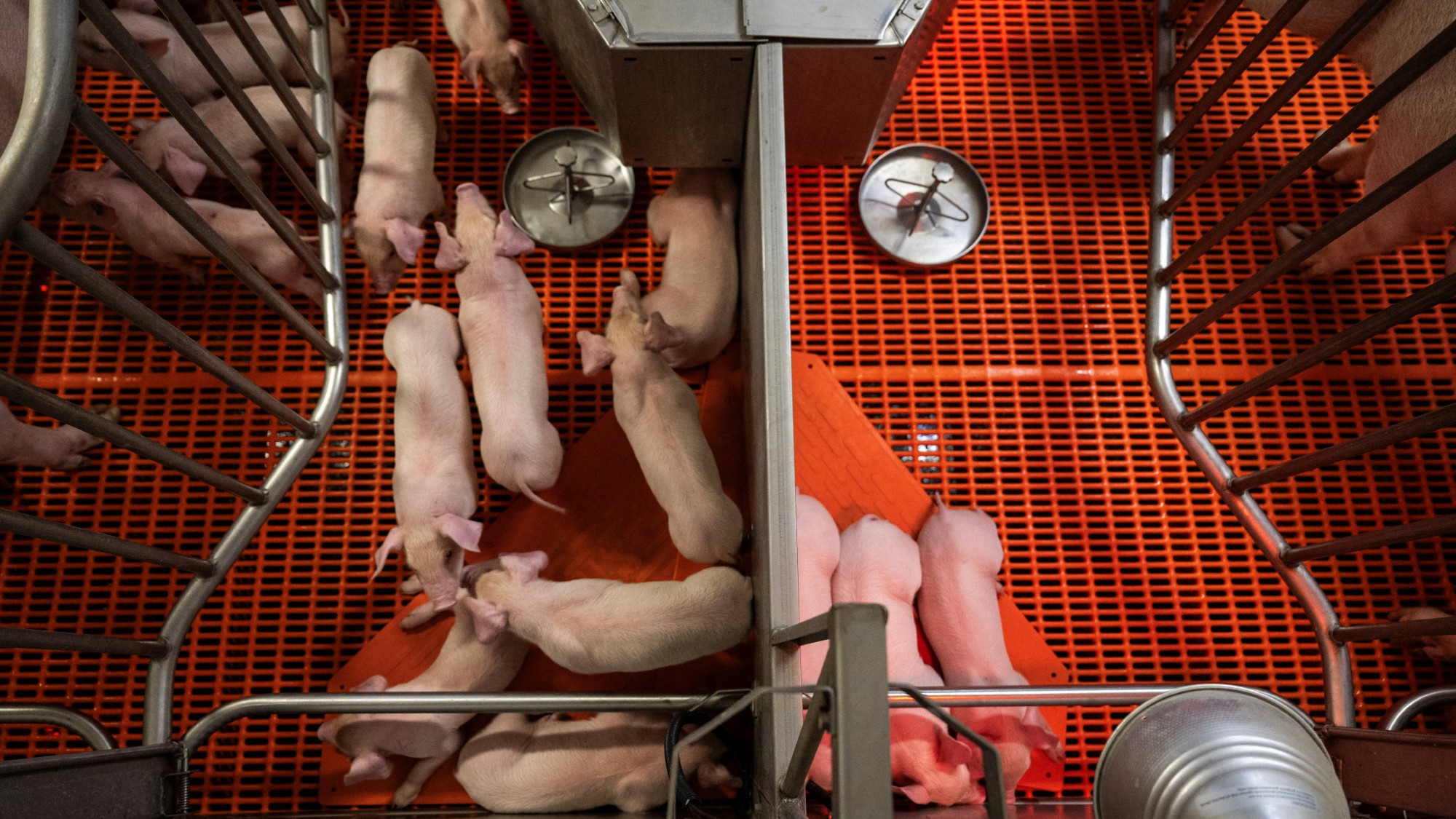 Are pig-organ transplants becoming a reality?
Are pig-organ transplants becoming a reality?The Explainer US woman has gene-edited pig-kidney transplant, and scientists hope experimental surgery could save thousands of lives
-
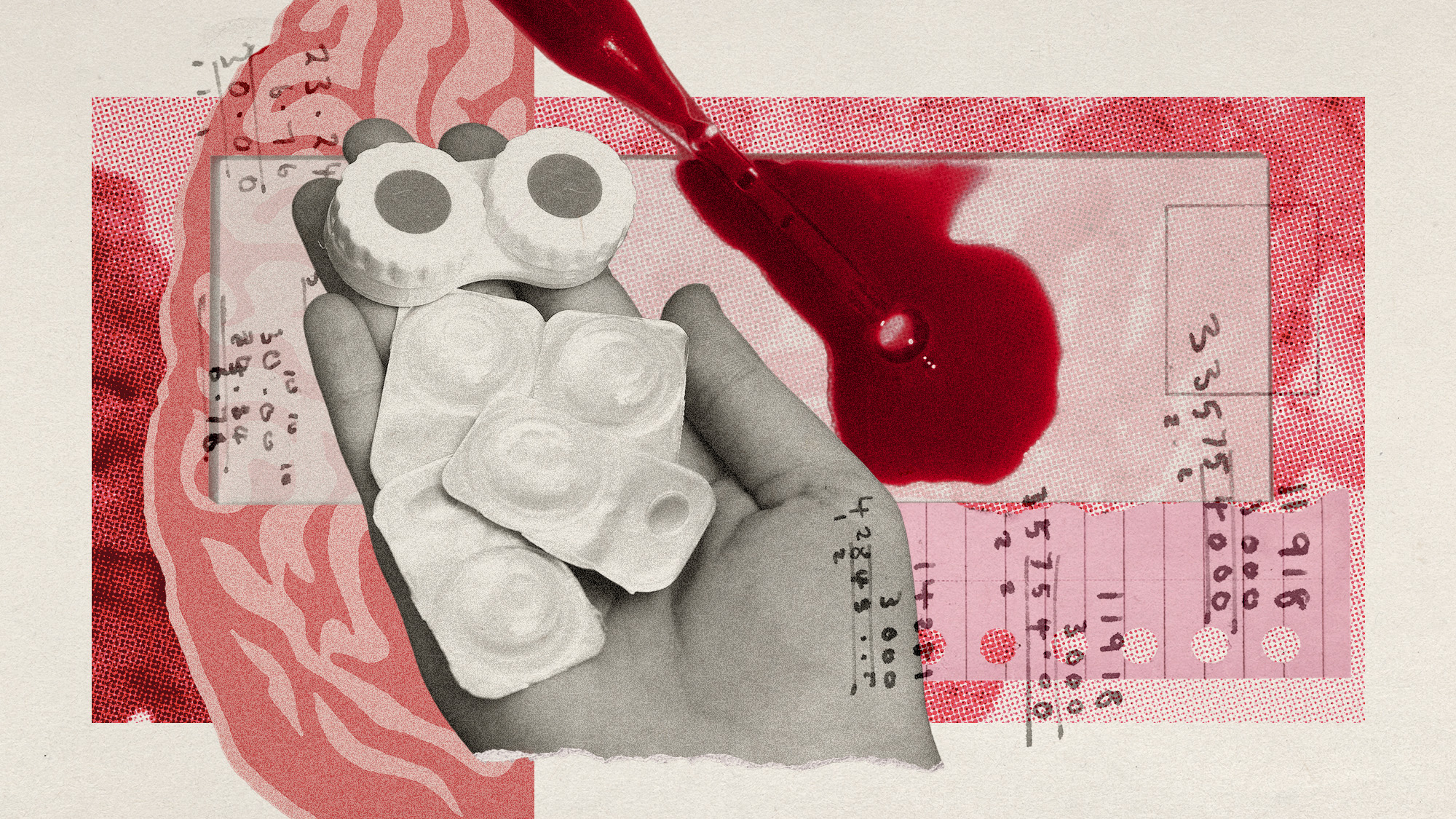 9 recent scientific breakthroughs and discoveries
9 recent scientific breakthroughs and discoveriesIn Depth From curing cancer to preventing rhino extinction
-
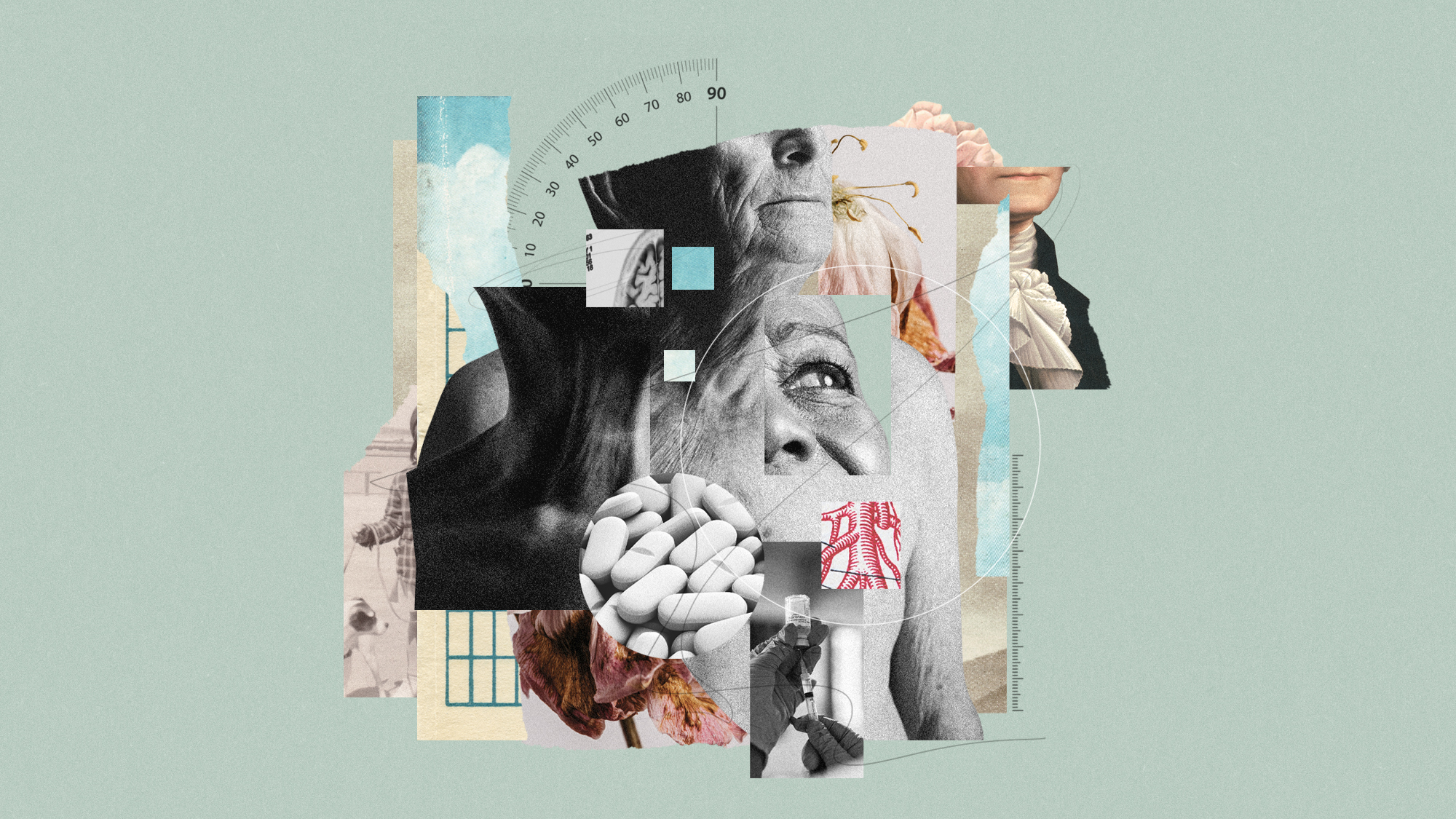 How close are we to finding a cure for ageing?
How close are we to finding a cure for ageing?Today's Big Question Tests on mice show treated animals live 25% longer and the breakthrough could be used for humans
-
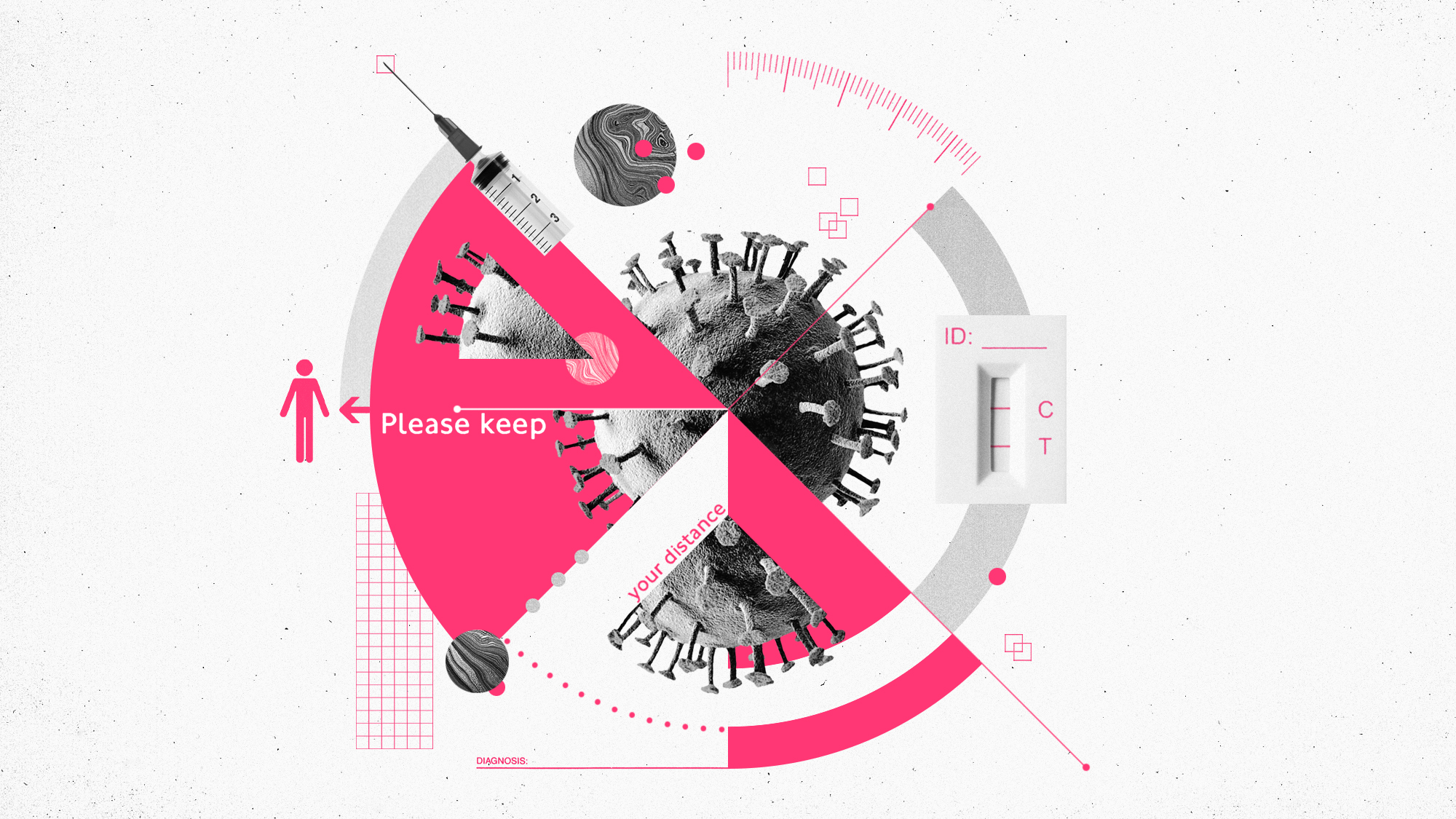 What does Covid look like in 2024?
What does Covid look like in 2024?Today's Big Question Disease experts are calling for closer monitoring as new variant fuels rise in infections
-
 Do the Nobel prizes do more harm than good?
Do the Nobel prizes do more harm than good?Today's Big Question The awards 'draw their share of flak' and can lead to 'scientific error', argue critics